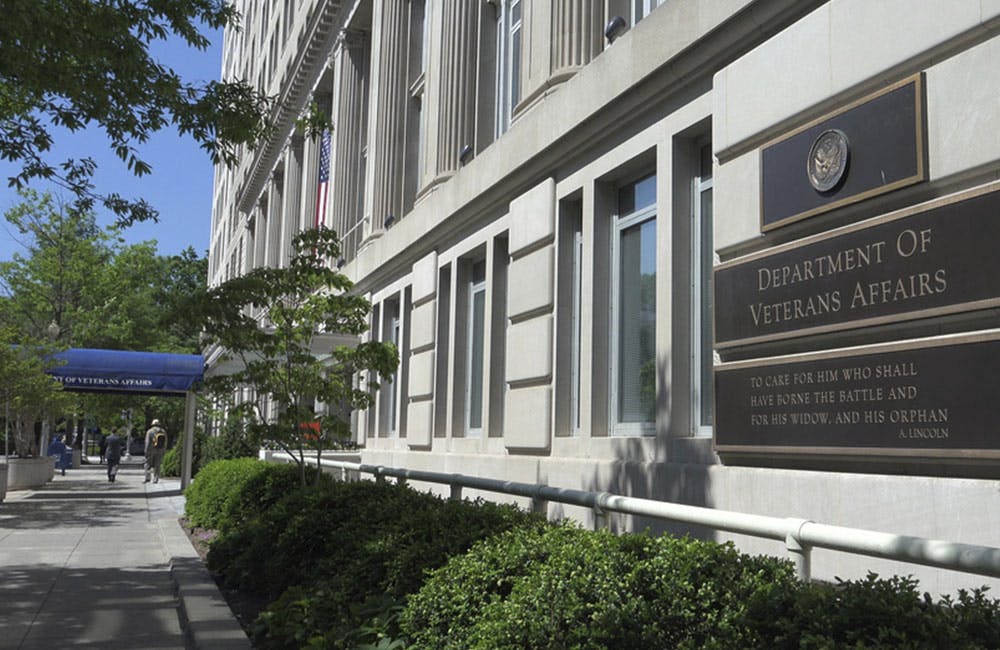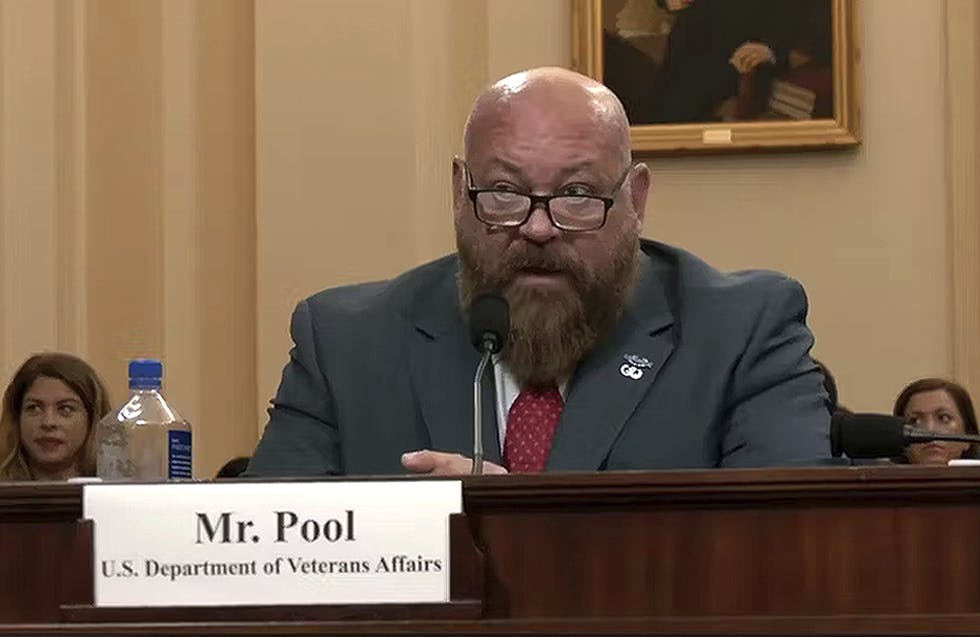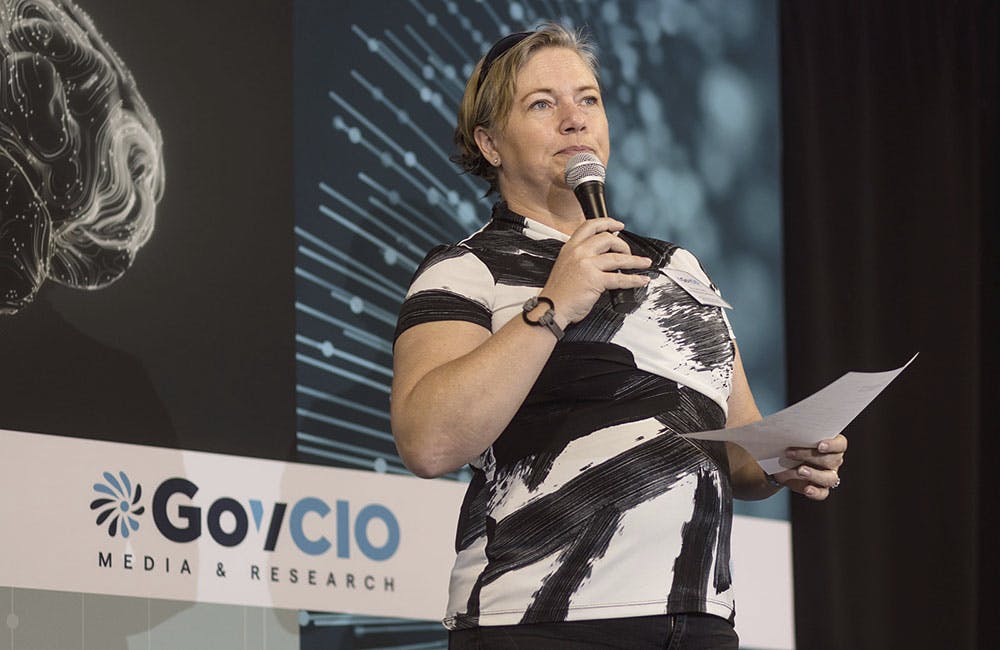Recent Conditions Are Shaping Future of Federal Work, Modern IT Adoption
Federal CIOs hope to maintain telework capabilities, as well as cloud and scalable solution adoption in a post-pandemic work environment.

Federal CIO Suzette Kent and other agency CIOs have stressed the importance of technological modernization and IT investment as the COVID-19 pandemic has maximized demand for telework. Now, three months into the pandemic, these CIOs are starting to envision the future of work at their agencies.
Despite the sudden pivot to remote work as COVID-19 became a national emergency, IT modernization efforts in recent years have enabled agencies to scale telework capabilities up relatively quickly, leading to the “largest and longest telework situation that the federal government has ever experienced,” Kent said at Thursday’s ATARC virtual conference.
While agencies have met the challenge in rapidly scaling up remote work, Kent emphasized the need to continue pushing modernization efforts.
“Agency leaders, our vendor partners in the IT community moved together with urgency and with focus to achieve some historic outcomes, but we can’t stop with this one event,” Kent said. “We have to take the learnings and look at how we move forward to prepare for future emergency events and to drive more efficiency moving forward.”
The Federal CIO Council examined lessons learned from the pandemic, Kent added, and identified tactical points that will be key in the future of work for agencies, including scalable cloud solutions, data-sharing protocols, tool interoperability and secure digital services. These areas have been especially critical to continued federal mission delivery via telework.
Other CIOs and federal IT leaders expanded on the ways in which those tactical points have aided their agencies amid COVID-19 and are already reshaping how their organizations conduct business after the pandemic. Although each agency had its own set of challenges, the CIOs at the virtual conference shared how they overcame the general obstacle of scaling up VPN accessibility and telework tools.
The Environmental Protection Agency has been moving toward mobility in recent years and ran a Skype adoption campaign last year, preparing the agency technically and culturally for a more telecommunication-driven way of doing business, said CIO Vaughn Noga. Although the EPA faced some hiccups moving its 14,000 employees to remote work in March, within a few weeks the agency has been able to meet VPN demand and has adopted collaboration tools like Microsoft Teams and Skype. Now, the agency’s onboarding process is completely virtual.
“Through the partnership across HR and our resources folks and the folks in IT, we were able to pivot to a 100% virtual onboarding experience and were able to ship technologies to new employees so they could be successful day one, and I think these are some of the lessons that we’ve learned — quickly figure out how to adjust service delivery,” Noga said.
Army Corps of Engineers CIO Dovarius Peoples and National Regulatory Commission Deputy CIO Scott Flanders said they’ve had to aggressively scale their VPNs to meet user demand, using similar tools as the EPA to maximize telework capabilities.
Flanders added that he has moved toward commercial cloud to manage cyber hygiene activities, since patching requires significant bandwidth and moving that cyber maintenance to the cloud can ensure that NRC devices are patched without going through a VPN.
Given all of the various efforts agencies have taken to scale up to remote work, both in technical implementation and in reshaping the culture of work, the leaders said they envision the future of work after the pandemic will continue supporting telework flexibility and further modernization of the infrastructure that makes it possible.
This is a carousel with manually rotating slides. Use Next and Previous buttons to navigate or jump to a slide with the slide dots
-

NSF Wants Industry Driving Quantum Innovation
The agency is pushing for partnerships to enhance the research community as Congress weighs additional legislation.
3m read -

White House Science Chief: US-Driven AI Sets Global Standards
Michael Kratsios outlined how American AI technology on the global stage will help standardize the tech and counter China’s influence.
5m read -

Modernizing Critical Infrastructure in the Face of Global Threats
Officials are expanding the latest strategies in boosting defense infrastructure, including securing satellite communications, upgrading enterprise-wide technology, optimizing data management.
20m watch -

Trump AI Orders Call for Speed in Building Infrastructure
The directives call for expanding AI infrastructure, streamlining federal permitting and promoting AI exports.
4m read -

DOD Accelerates Software Modernization with Agile DevSecOps Push
The Pentagon's software implementation plan tackles cultural hurdles and integrates security early to deliver critical capabilities faster.
6m read -

White House Unveils AI Action Plan to Secure Global Dominance
The strategy outlines steps to accelerate private sector innovation, build critical infrastructure and advance U.S. leadership in AI policy and security.
3m read -

VA's Platform One Powers Rapid Innovation to Bolster Digital Services
VA's Platform One accelerates software development timelines from weeks to hours, ultimately enhancing digital services for veterans.
5m read -

Federal Leaders Receive Federal IT Efficiency Flywheel Awards from GovCIO Media & Research
Five federal IT leaders received Flywheel Awards for driving innovation and modernizing technology at the Federal IT Efficiency Summit.
5m read -

Doing More with Less is Muscle Memory for IRS, Former Deputy CIO Says
Darnita Trower discusses her experience, the legacy she’s left behind and how she pushed the IRS to modernize itself,
20m watch -

Opinion: Original Intelligence Is the Missing Piece for AI Transformation
Limitations of AI agents and development drive growing needs for workforce development and "original intelligence."
3m read -

VA CIO Targets Modern IT and Smarter Workforce Alignment
Agency leaders told lawmakers they are focused on trimming legacy systems and restructuring its workforce to streamline operations.
3m read -

Pentagon's $200M AI Contracts Signal Broader Effort to Transform Talent
The Army is leveraging Silicon Valley, reservist programs and new hiring strategies to integrate critical digital skills in its ranks.
5m read
















